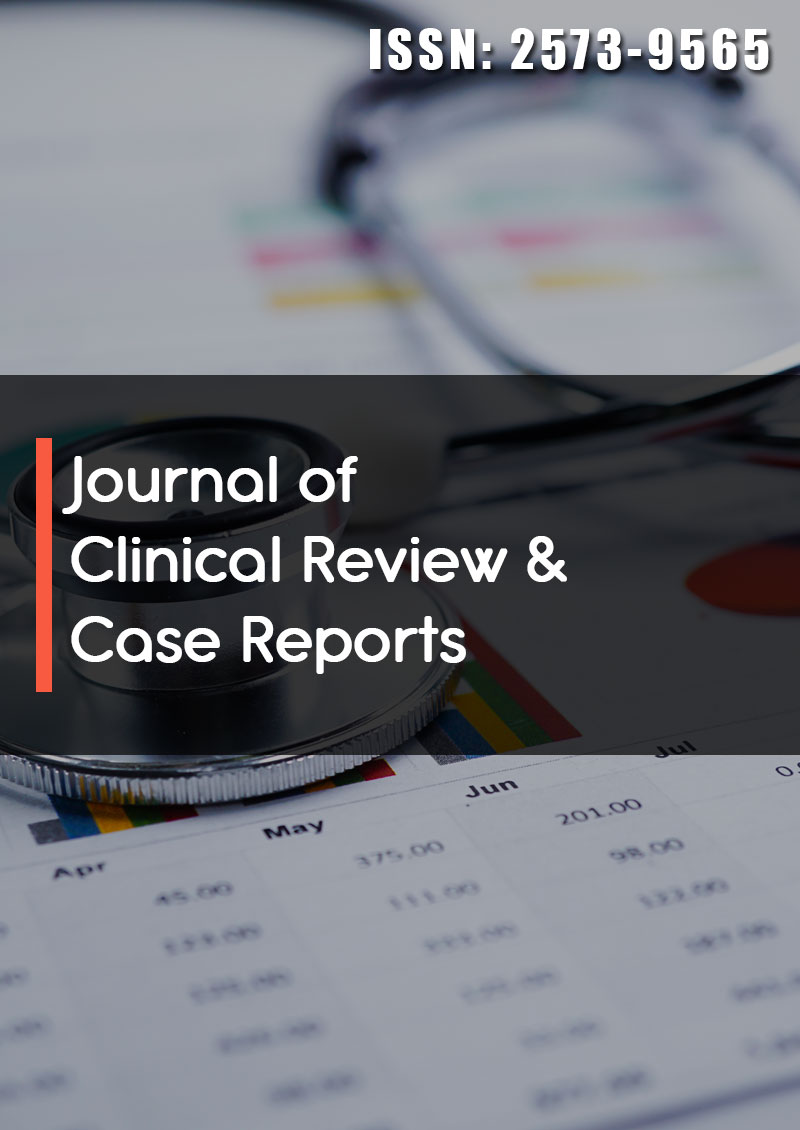Determination of the Relationship between Ego-Strength and Body Image with the Mental Health of Adolescent High School Female Students
Abstract
Reza Pourhosein, Fatemeh Dehghani and Fereshteh Darabi
Introduction: Mental health plays a prominent role in psychosocial development in period adolescence. Adolescents’ mental health can be related to a wide range of features. This research aims to determine the relationship between ego-strength and body image and mental health in adolescent female high school student.
Material and Methods: Statistical population in this descriptive-correlation research includes all adolescent female high school student from 22 educational districts of Tehran in 2014-2015 years and its statistical sample consists of 250 girls students at the high school selected through simple random multi-stage sampling method. Data obtained in this study through questionnaires including Basharat Mental Health Basharat Inventory (MHI-28), Cash Multidimensional Body-Self Relations Questionnaire (MBSRQ) and Basharat Ego-Strength Scale (ESS). Pearson correlation method was used to analyze data.
Results: Results showed that there is a significant relationship between ego-strength and body image with psychological well-being and psychological distress. There was also a positive significant relationship between all components of ego-strength and psychological well-being and a negative effect with psychological distress and body image’s components including face assessment, body fitness assessment, fitness orientation and satisfaction with the body had a positive significant relationship with psychological well-being and a negative one with psychological distress, but there was no relationship between body image’s components including appearance orientation and mental weight with psychological well-being and distress.
Conclusion: According to findings, adolescents’ mental health depends on their ego-strength and body image and high level of ego-strength and correct assessment of body image can provide adolescents’ mental health and vice-versa.



